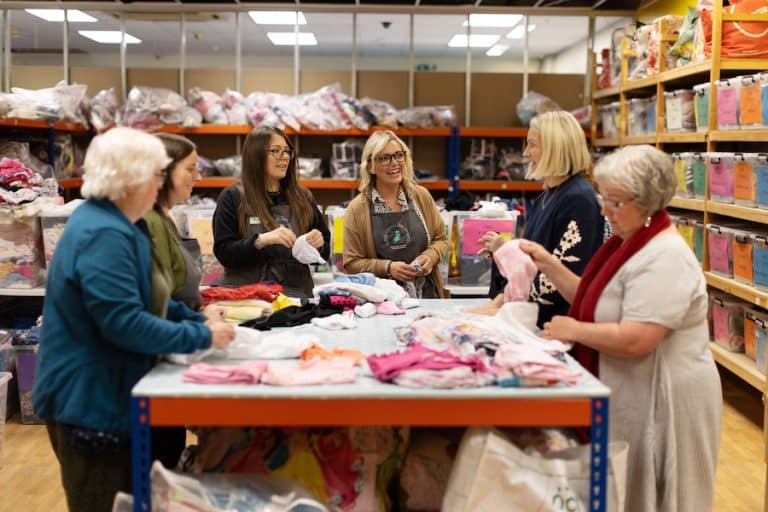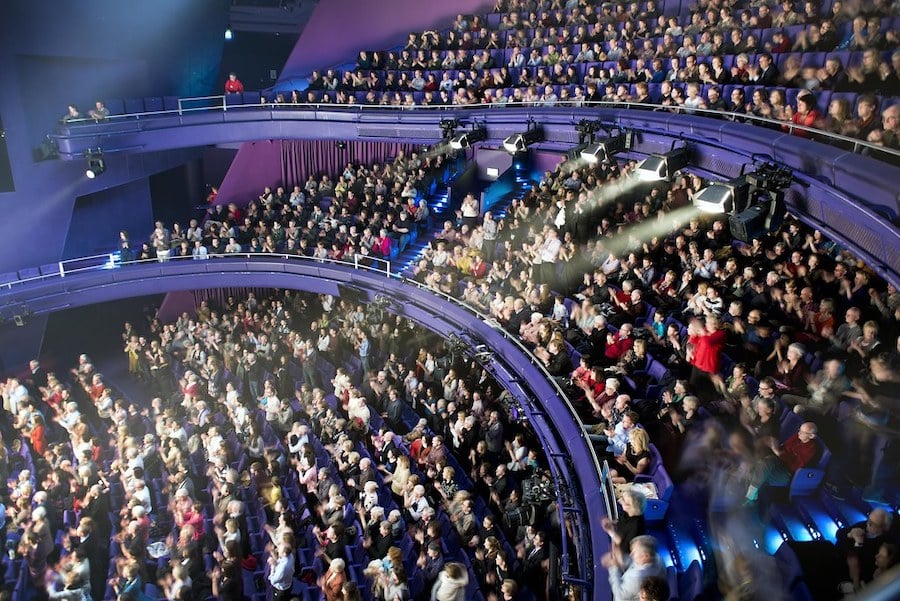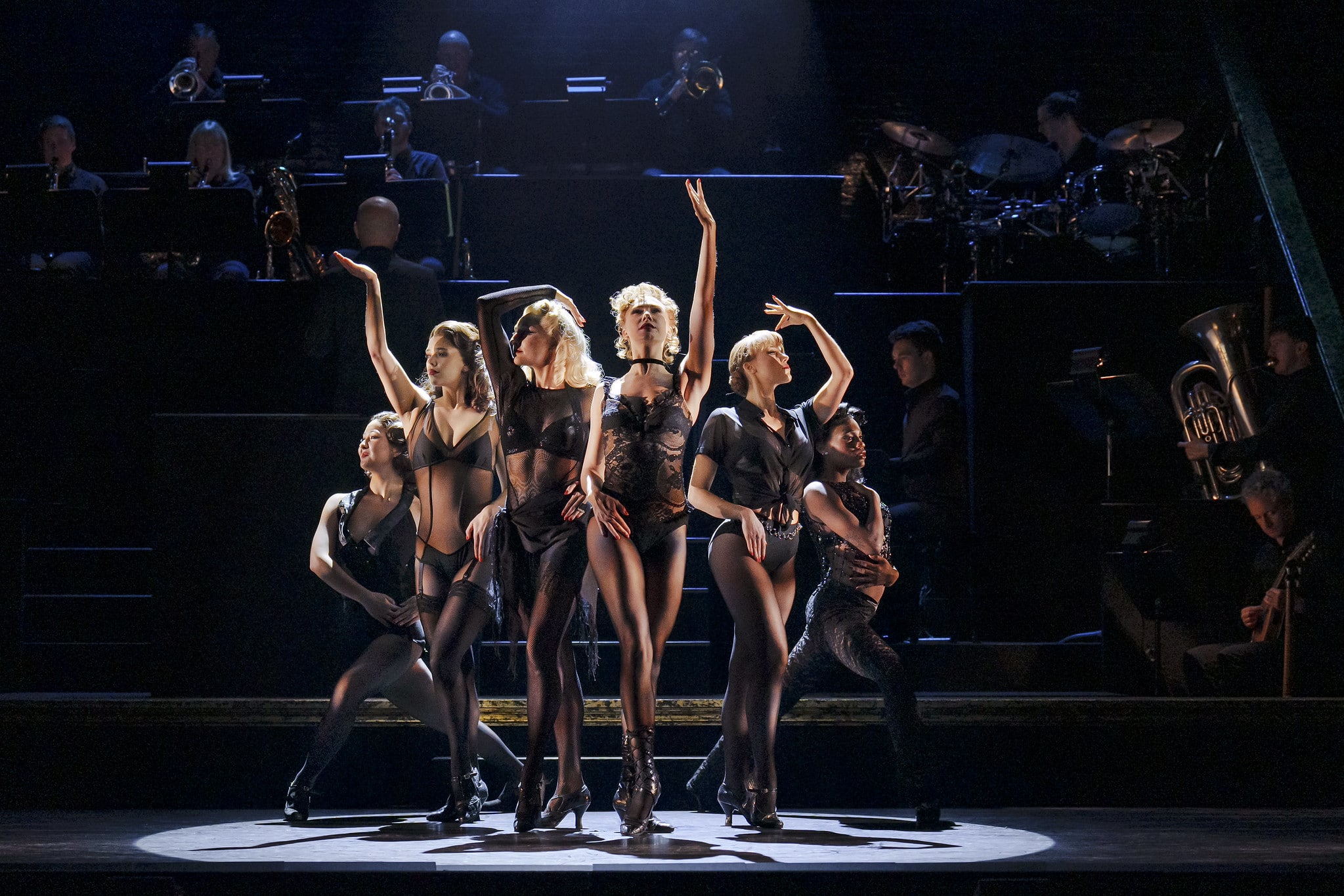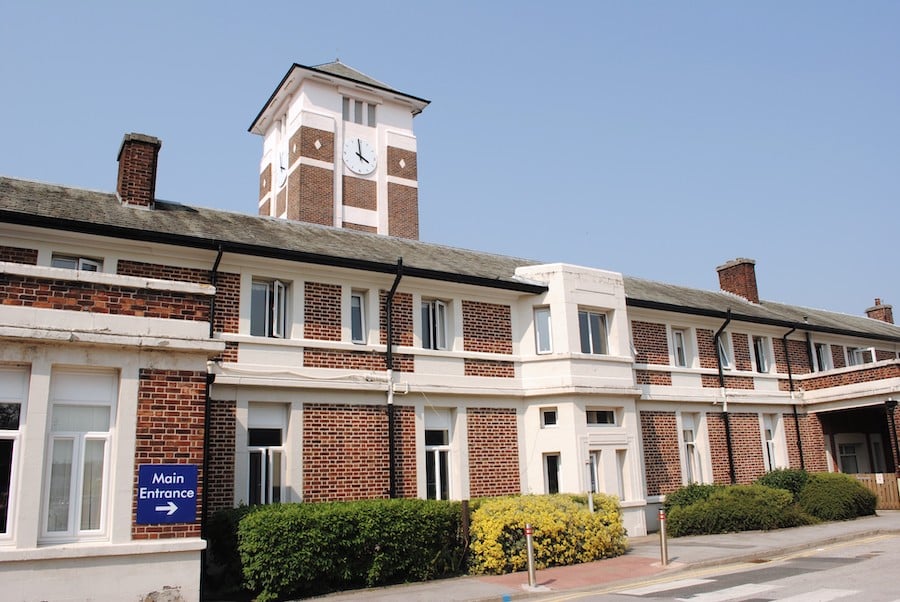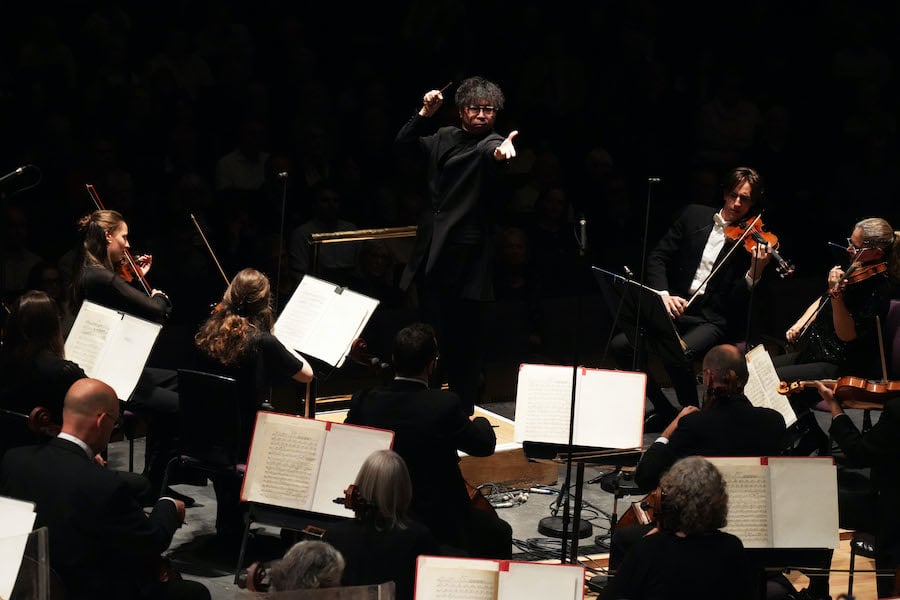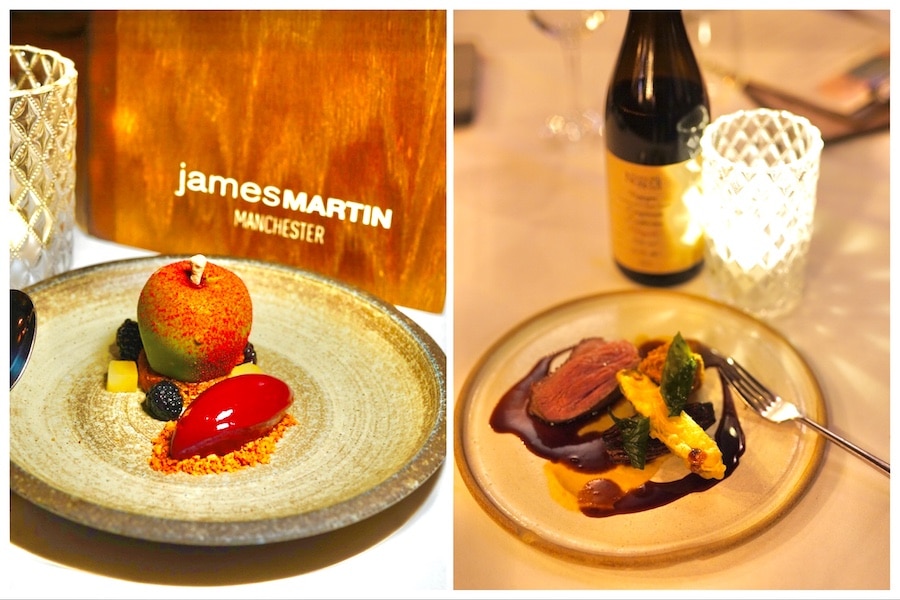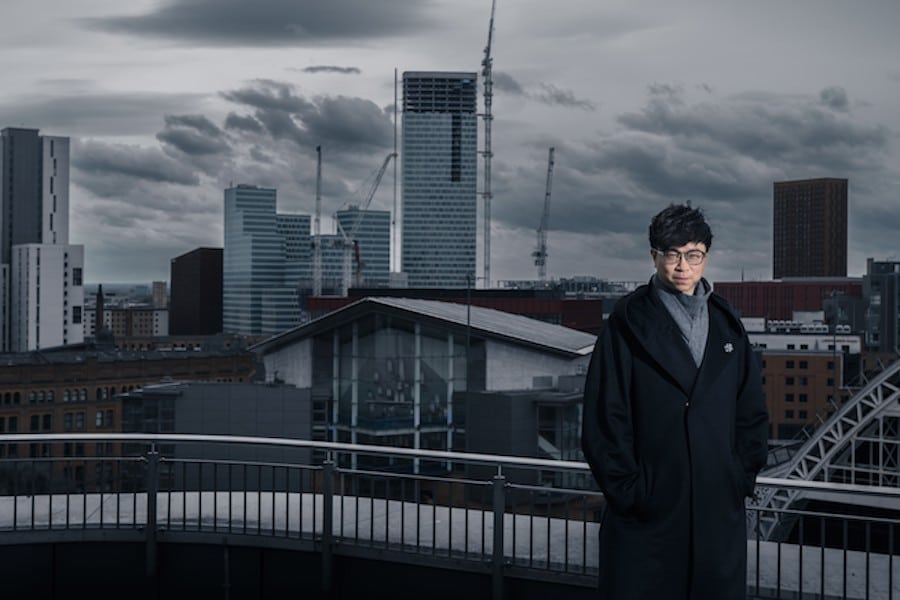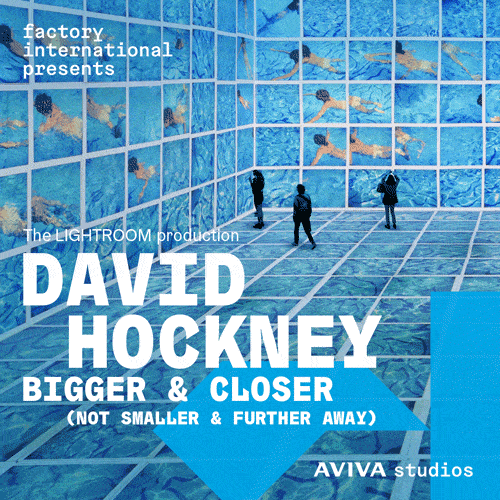Manchester’s East and Southeast Asian communities host a series of talks to promote diversity, representation and inclusion
- Written by Thom Bamford
- Last updated 2 years ago
- City of Manchester, Community, People
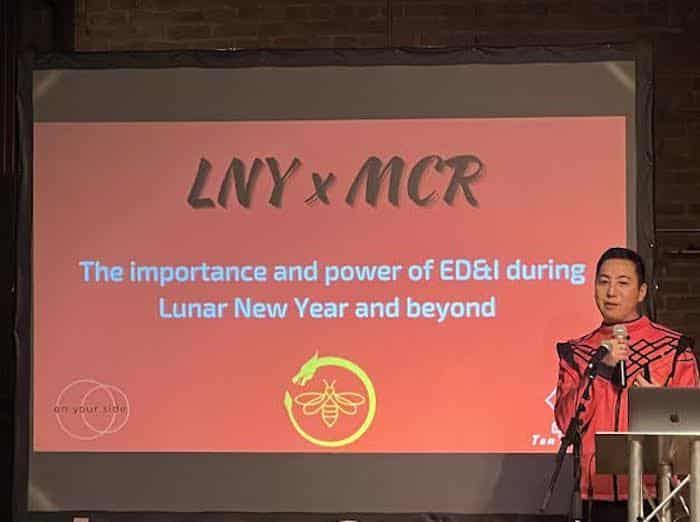
The talks, themed on ‘The importance and power of ED&I during Lunar New Year and Beyond’ highlighted the importance of inclusion around the ESEA community in Manchester.
The night showcased an amazing selection of ESEA food and drink, with gin supplied by Tarsier Gin from Styal.
Catering was provided by Yes Lah, Mi and Pho, Yoki Social Table, Ohayo Tea, Rosa’s Thai and WowYauChow.
Prizes for the charity raffle included artworks donated by Stanley Chow and books from award-winning children’s author Sue Cheung and The Frank Soo Foundation as well as products from Little Yellow Rice Co and OPPO .
Linda Jones MD of Talk Direct Leeds took to the stage first to speak about her experiences as a British Born Chinese person who lived in Hong Kong for eight years.
She talked about Lunar New Year and zodiac cycles and common misunderstandings, and the regional variation that occurs in the cycles.
Attendees could find out what animal’s year they were born in, what it means for them, their lucky colours, numbers and stones too.
You could even find out your lucky food for the year too.
Linda discussed the taboos associated with Lunar New Year new year: such as not eating porridge, not washing your hair or clothes, no needle work and no sweeping too.
There are also unlucky words too that should be avoided.

Speaking to I Love Manchester, Linda said: “Having lived in Hong Kong as a young girl, I wanted to share the experience of what a Chinese/Lunar New year is like for the East and share it with a Western audience as it is the biggest event of the year.
“I know you can find lots of information about LNY on the internet but I felt it would have a greater impact coming from me in person and sharing a more meaningful story from my perspective, how it makes me feel and what it means to me.
“I am British Born Chinese, but lived in Hong Kong for eight year before returning to the UK when I was 12 and really struggled with the English Language on my return.
“I grew up being labelled different and was picked on for many years at school because there were no other Chinese /Asian people in my town/school/community.
“I hid away a lot of the time because I was different. However, nowadays with a more main stream light shone on diversity and inclusion, ethnic minorities are becoming to the fore, often through food and cultural appreciation. People are generally more open and inquisitive, wanting to understand more about ethnic minority lifestyles, experience and backgrounds.
“It’s important to build our future with an appreciation for different cultures and diversities and recognise how they can enrich our society and communities.The re’s always something new to learn.
Much like Christmas, Lunar new year is celebrated with decorations and a big meal to see in the new year. The Lion dancing we’ve come to know and love in Manchester is performed to scare the bad luck from last year coming into the new one.
Lunar New Year is named after the new moon at the start of the year; and is celebrated in Korea, Vietnam, China, Hong Kong, Macau, Taiwan, Singapore, Malaysia, Indonesia, Mongolia and Tibet too.
It is certainly a diversely enjoyed celebration.
We even learned how to say happy new year in Cantonese – Kung (pronounced gong) Hei Fat Choy!
The second talk was taken by Choon Young Tan, who is working to highlight problems faced by the often misunderstood ESEA community.
Choon, who is British-Born Malaysian Chinese, has been working to highlight that the Lunar New Year is not a holiday that is just celebrated in China, but is celebrated all over Asia too.
Often the holiday is focussed around the Chinese celebrations in town, but there’s more to Lunar New Year than the dragon parade in town.
He opened with a discussion about Sinophobia, the fear of Chinese people, their diaspora or its culture.
He also talked through the origins of Sinophobia, dating way back to the Opium war with the British and the Chinese exclusion act in America in 1882.
Choon charted the journey from these acts right through to modern day prejudices as recent as prejudices against Asian people from Covid-19 pandemic.
Shocking figures showed that 33% of images used to report Covid-19 stories in the UK Media used images of ESEA people when completely unnecessary or unrelated to the story, highlighting racial stereotypes.
He discussed the shocking rise (of at least 26%) of crimes against ESSA people from 2019 to 2020.
Locally, Greater Manchester Police recorded a 94% rise in hate crimes from 2019 to 2020.
He called for change in people’s attitudes to the ESEA community showing strong examples of Sinophobia across the world in a heartbreaking but insightful video that hopefully inspires people to take a stand and do something.
“We may not be able to silence people, but we should NOT stay silent when we see, hear or experience it happening,” Choon urges.
One of the slides discussed debunking the ‘Model Minority Myth’, stereotypes of the asian community as: High achievers in education, high earners in work, hard workers, well behaved, quiet meek, shy and unassuming, non-confrontational, less likely to suffer from poor mental health, and less likely to experience racism.
This leads to a lot of pressure on children of ESEA communities; the negative effects it has on other ethnic minority groups, and the divisive nature it has pitting ethnic groups against each other, particularly blacks and South Asians.
One of the slides discussed Asian representation on our screens.
Shockingly, in 62 years of Coronation Street, there has only been three ESEA people on the street.
And even that representation was very stereotypical.
Hollyoaks have recently introduced their first East Asian family, with at least three now regulars on the cast in a slight improvement on previous efforts.
Looking forward, they put a blueprint looking forward to challenge Sinophobia and the modern Minority Myth, by reporting it, supporting victims, supporting ESEA owned businesses snd learning from the ESEA people you know and spreading the knowledge you learn.
Choon finished in surmising all the things that ESEA people should be proud of, in a great way to end the series of talks on a positive note.
“If people channelled the same love, passion and interest that they have for all things relating to ESEA culture into the people behind the culture, that’s when we can hopefully see a change that they are a part of,” says Choon.
Nok Vickers, who is half Laotian but grew up in Yorkshire, was the final speaker, she is the Inclusion & Diversity Officer at North Yorkshire County Council where she is responsible for internal workforce and employee EDI.

She mapped out a plan for companies to create an inclusive environment for a diverse workforce.
She talked about inclusion, inviting everyone to feel part of a community and organisation that they are all respected for what they bring to that organisation.
How to create an inclusive work culture was next on the agenda, creating a workplace culture where people can bring their full authentic selves to work.
The emphasis was on this all being a work in progress, that we all need to pull together to create a cohesive multi cultural place to live work and succeed. “EDI is an ongoing commitment, and you cant make an inclusive work culture over night – it takes commitment and long term strategy.”
Nok outlined how businesses could make a more inclusive workplace; including communication and awareness articles; and training and learning opportunities.
She describes the pandemic as almost a galvanising experience for ESEA communities, whereas they felt anti-Asian crimes had increased tenfold, bringing the communities together in defiance of the racism.
One of the main things was about being inclusive in celebrations, like Lunar new year – ” even though it’s Chinese new year for a whole lot of people, there’s lots of people from other diasporas such as Taiwanese, or Vietnamese communities who feel more included with the term Lunar New Year. Songkran (celebrated in Thailand, Laos, Cambodia, Myanmar, and parts of Vietnam ) and Xishuangbanna in China is in April, so that’s another one to celebrate too.
Allyship contributes towards inclusivity and work culture, and has the power to create behavioural change, and to promote empathy and understanding too.
“I encourage you to think about how you can contribute to a more inclusive workplace no matter your role. It must be a collective effort with commitment from the very top. I strive towards creating a work culture where everyone can bring their full authentic self to work each day”
The evening was rounded up by a talk from Kimi Jolly, who runs a charity called On Your Side.
On Your Side charity who help people who have experienced hate or racism; you can report it and listen and offer others support and provide information to get the right help.
You can report to police; they also offer case work support, mental health support immigration support.
- This article was last updated 2 years ago.
- It was first published on 1 February 2023 and is subject to be updated from time to time. Please refresh or return to see the latest version.
Did we miss something? Let us know: [email protected]
Want to be the first to receive all the latest news stories, what’s on and events from the heart of Manchester? Sign up here.
Manchester is a successful city, but many people suffer. I Love Manchester helps raise awareness and funds to help improve the lives and prospects of people across Greater Manchester – and we can’t do it without your help. So please support us with what you can so we can continue to spread the love. Thank you in advance!
An email you’ll love. Subscribe to our newsletter to get the latest news stories delivered direct to your inbox.
Got a story worth sharing?
What’s the story? We are all ears when it comes to positive news and inspiring stories. You can send story ideas to [email protected]
While we can’t guarantee to publish everything, we will always consider any enquiry or idea that promotes:
- Independent new openings
- Human interest
- Not-for-profit organisations
- Community Interest Companies (CiCs) and projects
- Charities and charitable initiatives
- Affordability and offers saving people over 20%
For anything else, don’t hesitate to get in touch with us about advertorials (from £350+VAT) and advertising opportunities: [email protected]
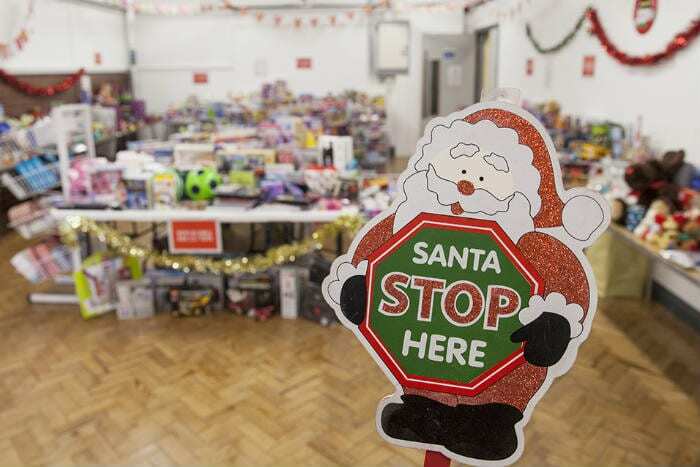
The very special toy shop where parents don’t pay a penny is open – and busier than ever
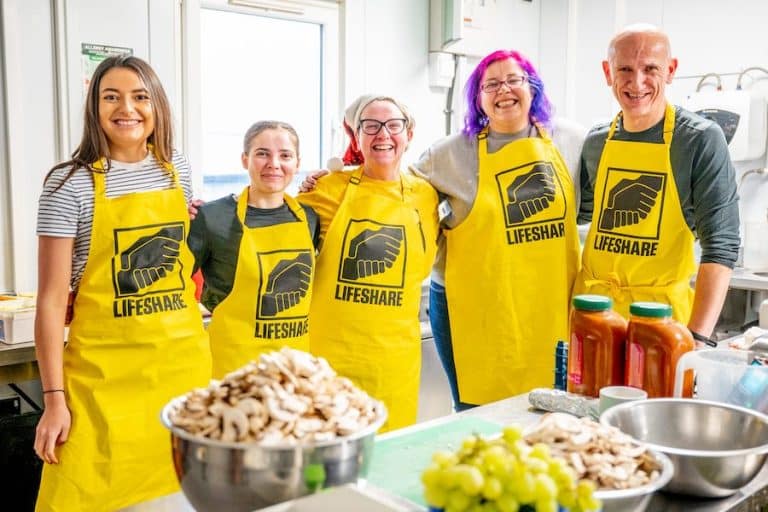
Manchester’s oldest homelessness charity celebrates 40 years of supporting the needy
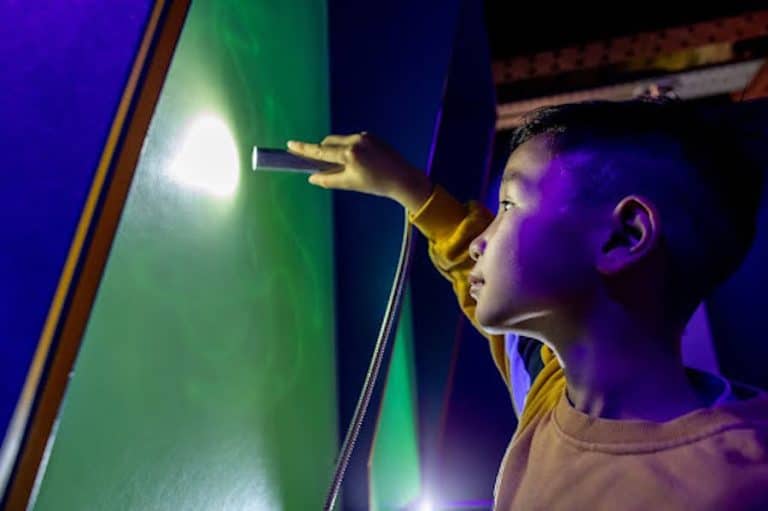
Games, science and history collide at Manchester’s Science and Industry Museum this winter

Best bars and pubs to watch the football and live sport in Manchester
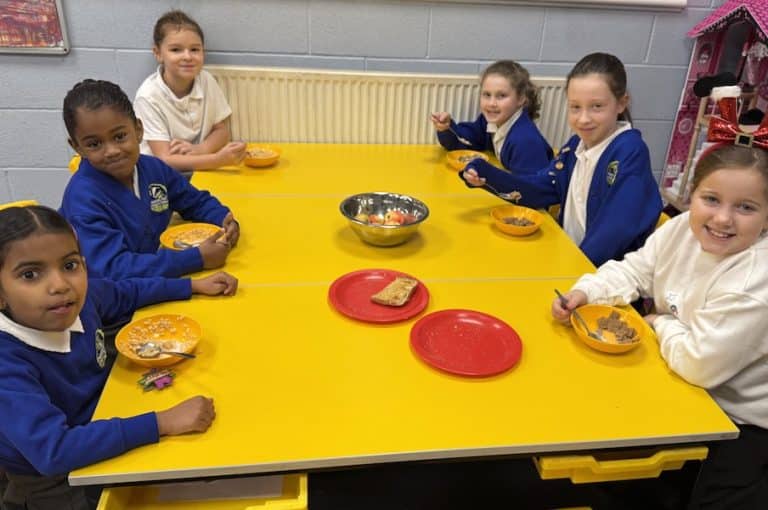
How Baguley Hall Primary School is nourishing minds with a morning Magic Breakfast
